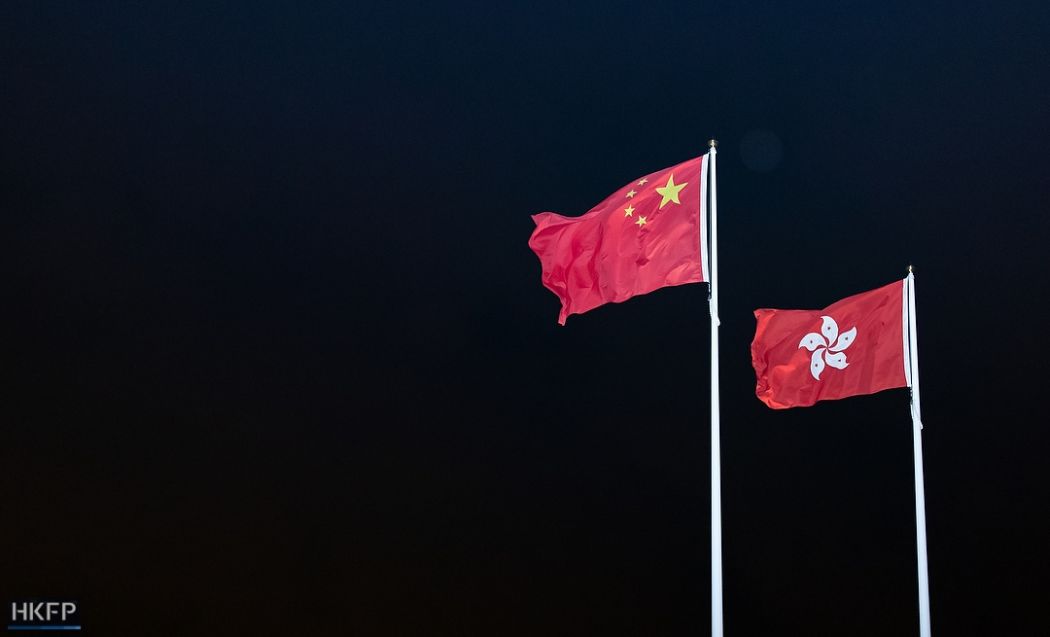The percentage of Hong Kong people identifying as Chinese is at a record low since 1997, according to a regular University of Hong Kong (HKU) survey released on Thursday.
The Public Opinion Programme at the University of Hong Kong (HKUPOP) interviewed 1,015 residents by random telephone survey between June 17 and 20, in the wake of a record “two million” person march calling for a complete withdrawal of the city’s controversial extradition bill. It will be the last time HKUPOP releases such data before it splits from the university in July.
According to the results, the number of people who identify as a “Hongkonger” is at its highest since 1997 whilst those feeling proud of becoming a national citizen of China has dropped from over one-third last year to around one-quarter this year.

“All these indicators are at their record lows since the handover,” HKUPOP said in a press release. “Director of HKUPOP Robert Chung feels sorry and helpless at the result.”
In the survey, 53 per cent of the interviewees identified as Hongkongers, while 11 per cent identified as Chinese. 12 per cent identified as “Chinese in Hong Kong”, and 23 per cent identified themselves as “Hongkongers in China”.
When asked if they were proud of being a national citizen of China, 71 per cent said “no” and 27 per cent said “yes.” 90 per cent in the age group 18-29 answered “no.”
Senior Data Analyst of HKUPOP Edward Tai said the survey, conducted after two marches against the extradition bill, “clearly reflects the impact of this incident to Hong Kong citizens’ ethnic identity recognition and feelings towards the handover of sovereignty.”

“If we follow the usual research method of using a dichotomy of ‘Hongkonger’ versus ‘Chinese’ identity, the proportions of people identifying as ‘Hongkongers’ outnumber those of ‘Chinese’ both in their narrow and broad senses,” he wrote. “Similarly, the proportions of people identifying as ‘Hongkongers’ in narrow or broad senses register all-time record high since 1997, whereas the proportions of people identifying as ‘Chinese’ in narrow or broad senses register all-time record low since 1997.”
“In-depth analyses show that the younger the respondents, the less likely they feel proud of becoming a national citizen of China, and also the more negative they are toward the Central Government’s policies on Hong Kong,” he wrote.
The extradition bill would enable the chief executive and local courts to handle case-by-case fugitive transfer requests from jurisdictions with no prior agreements. But critics have raised concerns over the risk of residents being extradited to mainland China, which lacks human rights protections. The bill has been suspended following mass protests, but the government has been reluctant to withdraw it entirely.
The Hong Kong Free Press #PressForFreedom 2019 Funding Drive seeks to raise HK$1.2m to support our non-profit newsroom and dedicated team of multi-media, multi-lingual reporters. HKFP is backed by readers, run by journalists and is immune to political and commercial pressure. This year’s critical fundraiser will provide us with the essential funds to continue our work into next year.

